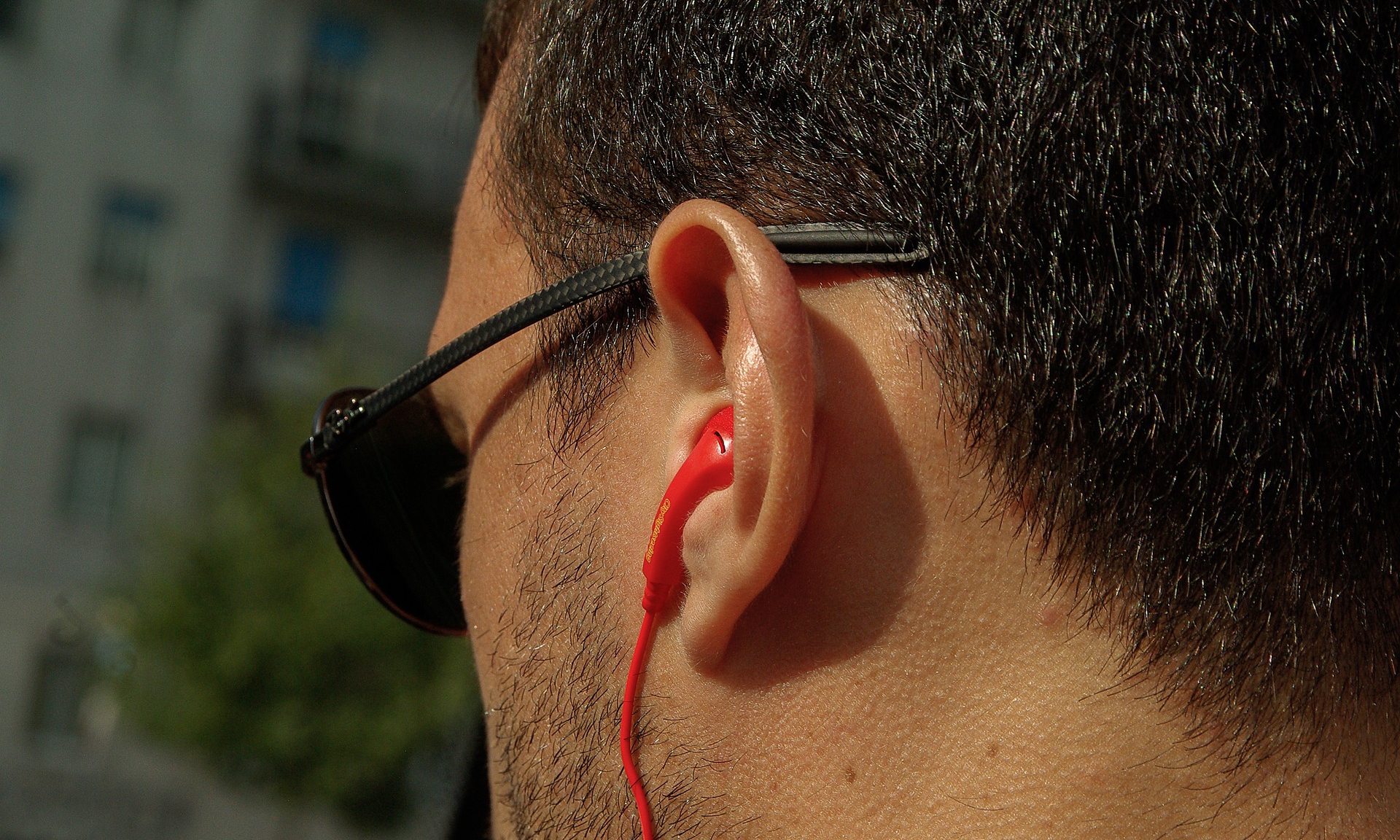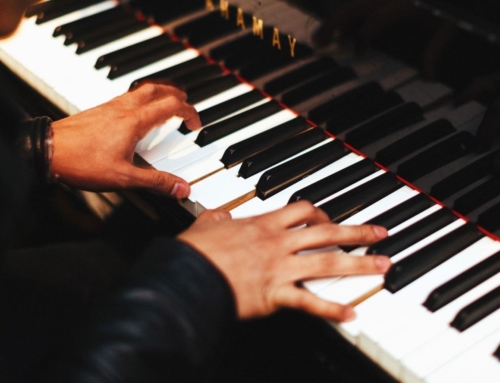The other evening a brother and I were chatting about the various songs and musicians that we have appreciated over the years. To our surprise, we discovered that we have similar musical tastes, and so the conversation had a certain air of shared nostalgia about it that was quite enjoyable.
One of the things that struck us both is how, since we entered religious life, our use of music for entertainment and relaxation has changed dramatically. Prior to receiving the habit, we had used music as a kind of continuous “soundtrack,” if you will, for our lives. Of course, we both still greatly enjoy listening to music, and we still feel a deep connection to many songs; but it is not the same as it was, and this, we conjectured, is for a few different reasons.
Chiefly, it is due to the fact that silence is such an integral part of our life now. This is true both individually and, perhaps especially, in our communal life. We must cultivate, not only for ourselves, but also for our brothers, “space” for prayer and contemplation; and so having a constant, ongoing “soundtrack” is impossible. Another, related cause is that music is now chiefly directed, not to entertainment or relaxation, but to the worship we offer God in the Divine Office and the Holy Sacrifice of the Mass.
Yet, aside from these factors, there is a very different reason for the diminishing role of musical entertainment in our lives, and that is, quite simply, a lack of satisfaction with it. Although this lack of satisfaction was not mentioned explicitly in our conversation, it exemplifies a truth that I have often had occasion to think about in the last few years. As we grow in our interior lives and in the love of God, we become dissatisfied with passing, man-made things. This extends not just to music, but to favorite meals, movies, and hobbies—even to something as simple as that trip to our favorite store or shop.
Of course, we still enjoy these things, and they are an enormous part of our life as sensate creatures. In fact, sometimes they are great consolations and serve to bring out our core Christian joy; but as we grow in holiness—whether we are married or single, old or young, consecrated religious or not—God will gently remind us, even in the midst of these diversions, that He is our only lasting joy. In one way or another He will say to us, “I AM the only thing, the only one, that will truly bring you complete satisfaction.”
In an age when we can carry our entire music collection in our pocket, hop on a plane and arrive in continental Europe in less than twelve hours, or take tens of thousands of photos documenting the lives of friends and family, this holy dissatisfaction is critical. Indeed, it is essential, for without it we are not free; we are always held back from unreserved love. May God grant us such dissatisfaction, that, as our desire for created goods wanes, our desire for Him may never stop growing.







